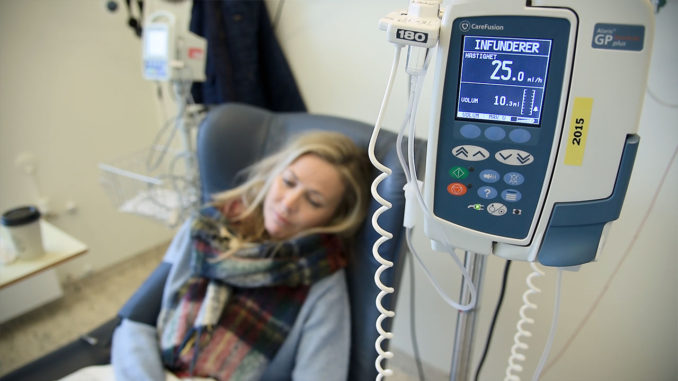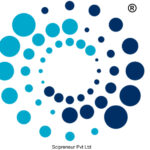
NIH to double funding for chronic fatigue syndrome, but patient distrust remains
The most anticipated speaker late last month at an international conference devoted to the mysterious malady commonly known as chronic fatigue syndrome (CFS) was not a scientist with a hot new finding—although there was excitement about new research in the air. Rather, it was a National Institutes of Health (NIH) official bearing good news to a community that has long existed on the margins of the biomedical research establishment. Vicky Whittemore, the agency’s CFS point person in Bethesda, Maryland, delivered on a promise that NIH Director Francis Collins made last year by announcing that NIH spending for research on the poorly understood disease should rise to roughly $15 million in 2017, doubling the estimated $7.6 million handed out in 2016.
What’s more, the NIH emissary said to those gathered here, the biomedical agency will in December solicit CFS proposals from outside scientists to establish several collaborative centers for basic and clinical research, and another center to manage their data on the illness. The calls for applications, which will come with dedicated funds from the planned budget increase, are the first of their kind for CFS from the United States’s major medical research funder since 2005. “There is a shifting tide at NIH with regard to ME/CFS,” Whittemore told the conference, incorporating the term that many with the multisystem illness prefer. (ME stands for “myalgic encephalomyelitis,” and the meeting was convened by the International Association for CFS/ME.)
Some scientists working on the disease agree. “The fact that there is a budget for it at all means that the agency is taking it seriously. And it’s not coming only out of Francis Collins’s discretionary fund, but from the individual NIH institutes,” says Ian Lipkin, an immunologist at Columbia University, who serves on the Advisory Committee to the Director, Collins’s key group of external advisers. Lipkin is also the principal investigator on a $766,000 grant from NIH’s infectious diseases institute to collect samples from hundreds of patients and controls, looking for biomarkers that could be used to diagnose the disease and searching for clues to its causes.
Read Full Story: http://www.sciencemag.org/news/2016/11/nih-double-funding-chronic-fatigue-syndrome-patient-distrust-remains







Leave a Reply